Podcast: Play in new window | Download (Duration: 28:29 — 26.1MB) | Embed
Subscribe: Apple Podcasts | Spotify | Amazon Music | Android | Pandora | iHeartRadio | JioSaavn | Podchaser | Gaana | Podcast Index | Email | TuneIn | Deezer | Anghami | RSS | More
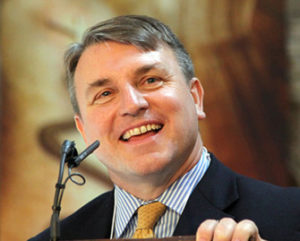
Episode 4 – Great Works in Western Literature with Joseph Pearce podcast – Oscar Wilde and “The Picture of Dorian Gray”
In true Faustian tradition, The Picture of Dorian Gray authored by Oscar Wilde tells the tale of a young man who sells his soul to the devil in return for youthful immortality, only to discover that the “devil’s bargain” is no bargain at all. “What does it profit a man if he gains the whole world and loses his own soul?
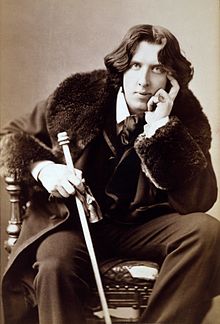
When Dorian Gray is asked this question he knows the answer. He has learned his lesson the hard way and has added the destroyed lives of others into the bargain. The moral is inescapable, making The Picture of Dorian Gray more than merely a classic of Victorian literature. It is a classic of Christian literature also. Joseph Pearce can speak about the heart and mind of Oscar Wilde in a unique way, he is the author of “The Unmasking of Oscar Wilde”
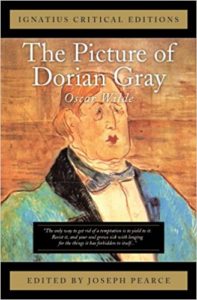 Based on the Ignatius Critical Edition, this series examines, from the Judeo-Christian perspective, the life, the times, and influence of authors of great works in literature.
Based on the Ignatius Critical Edition, this series examines, from the Judeo-Christian perspective, the life, the times, and influence of authors of great works in literature.
Joseph Pearce is currently the Writer-in-Residence and Visiting Fellow at Thomas More College of Liberal Arts in Merrimack, New Hampshire. He is also Visiting Scholar at Mount Royal Academy in Sunapee, New Hampshire. He is also Visiting Scholar at Mount Royal Academy in Sunapee, New Hampshire. He is co-editor of the Saint Austin Review (or StAR), an international review of Christian culture, literature, and ideas published in England (Family Publications) and the United States (Sapientia Press). He is also the author of many books, including literary biographies of Solzhenitsyn, J. R. R. Tolkien, C. S. Lewis, G. K. Chesterton, and Oscar Wilde.
To learn more about the authors and titles available in the Ignatius Critical Editions

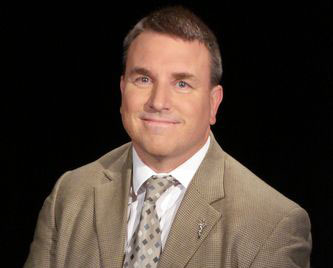 Episode 20 – Great Works in Western Literature with Joseph Pearce – G. K. Chesterton and “The Man Who Was Thursday”
Episode 20 – Great Works in Western Literature with Joseph Pearce – G. K. Chesterton and “The Man Who Was Thursday”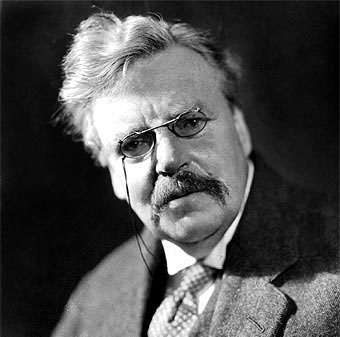 Chesterton’s own response, and riposte, to the Decadence of the 1890s can be found in his novel “The Man Who Was Thursday”. Whereas the Decadents–taking their own perverse inspiration from the dark romanticism of Byron, Shelley and Keats-had stripped the masks off reality” and discovered darkness, Chesterton stripped the masks off reality” (from the “anarchists” in his novel) and discovered light — Joseph Pearce “Ignatius Insight”
Chesterton’s own response, and riposte, to the Decadence of the 1890s can be found in his novel “The Man Who Was Thursday”. Whereas the Decadents–taking their own perverse inspiration from the dark romanticism of Byron, Shelley and Keats-had stripped the masks off reality” and discovered darkness, Chesterton stripped the masks off reality” (from the “anarchists” in his novel) and discovered light — Joseph Pearce “Ignatius Insight” 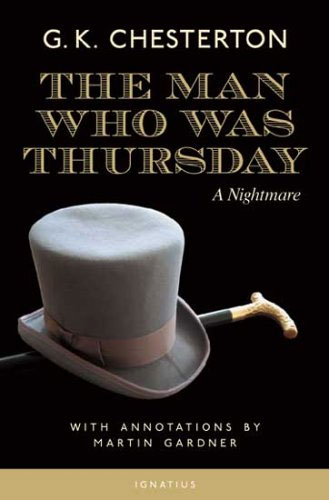
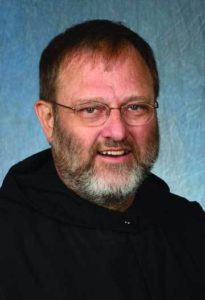
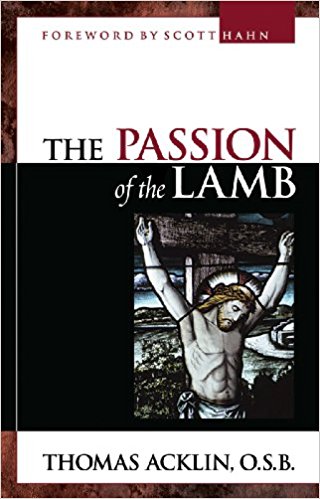
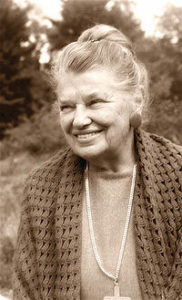 We discovered an incredible audio of a conference talk given in the late 70’s by the Baroness herself, Servant of God Catherine de Hueck Doherty. She is the co-founder of the Madonna House Apostolate and one of our absolute favorite authors. We dare you not to be moved by her words!
We discovered an incredible audio of a conference talk given in the late 70’s by the Baroness herself, Servant of God Catherine de Hueck Doherty. She is the co-founder of the Madonna House Apostolate and one of our absolute favorite authors. We dare you not to be moved by her words!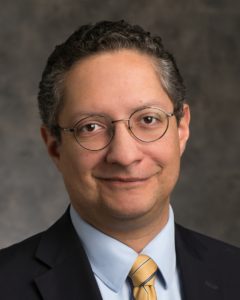
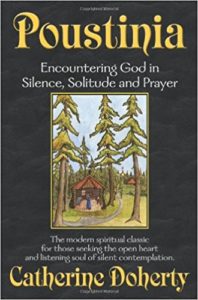


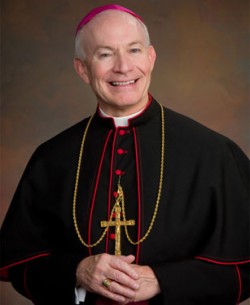
 re
re